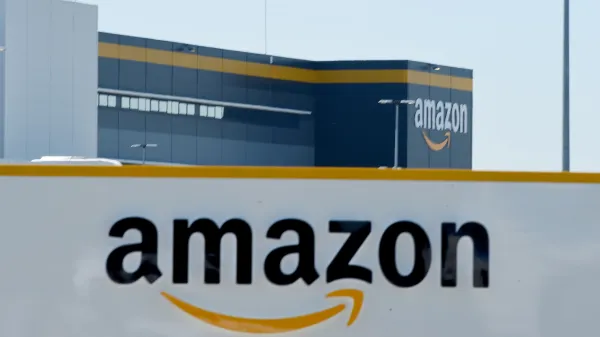Amazon and iRobot Scrap Merger Plans Due to Antitrust Issues
In a surprising development, Amazon and iRobot have decided to cancel their merger intentions due to regulatory hurdles posed by both the EU and U.S. antitrust regulators. This decision deals a blow to Amazon’s ambitions to expand its lineup of smart home devices and solidify its dominance in the e-commerce sector.
In response to the failed merger, iRobot has unveiled a significant restructuring strategy aimed at cutting costs. As part of this plan, approximately 31% of iRobot’s workforce, equating to 350 jobs, will be eliminated. Furthermore, Colin Angle, the founder and CEO of the Roomba robot vacuum maker, has resigned from his position amidst the company’s restructuring efforts.
The European Union’s antitrust chief, Margrethe Vestager, voiced concerns that Amazon’s acquisition of iRobot could lead to anti-competitive practices. Vestager highlighted the potential for Amazon to unfairly disadvantage iRobot’s competitors by restricting access to its online marketplace, thereby stifling competition.
Similarly, the U.S. Federal Trade Commission (FTC) was reportedly on track to reject the merger before it was officially scrapped. The FTC staff had informed Amazon of their intention to recommend blocking the acquisition, citing antitrust concerns.
Despite the setback, Amazon remains optimistic about the future of consumer robotics and expresses disappointment over the failed merger. David Zapolsky, Amazon’s general counsel, reiterated the company’s confidence in iRobot’s products and their potential in the smart home industry.
Following the termination of the merger agreement, iRobot anticipates a significant drop in revenue for the full year 2023, along with substantial losses. Under the terms of the agreement, Amazon will pay iRobot a termination fee of $94 million.
The news of the abandoned merger has had a tangible impact on iRobot’s stock, which plummeted by 7.2% in afternoon trading. Conversely, Amazon’s shares experienced a modest uptick of nearly 1%.
Overall, the decision to call off the merger underscores the challenges posed by antitrust regulations in the tech industry and underscores the importance of regulatory oversight in preventing monopolistic behavior.















































